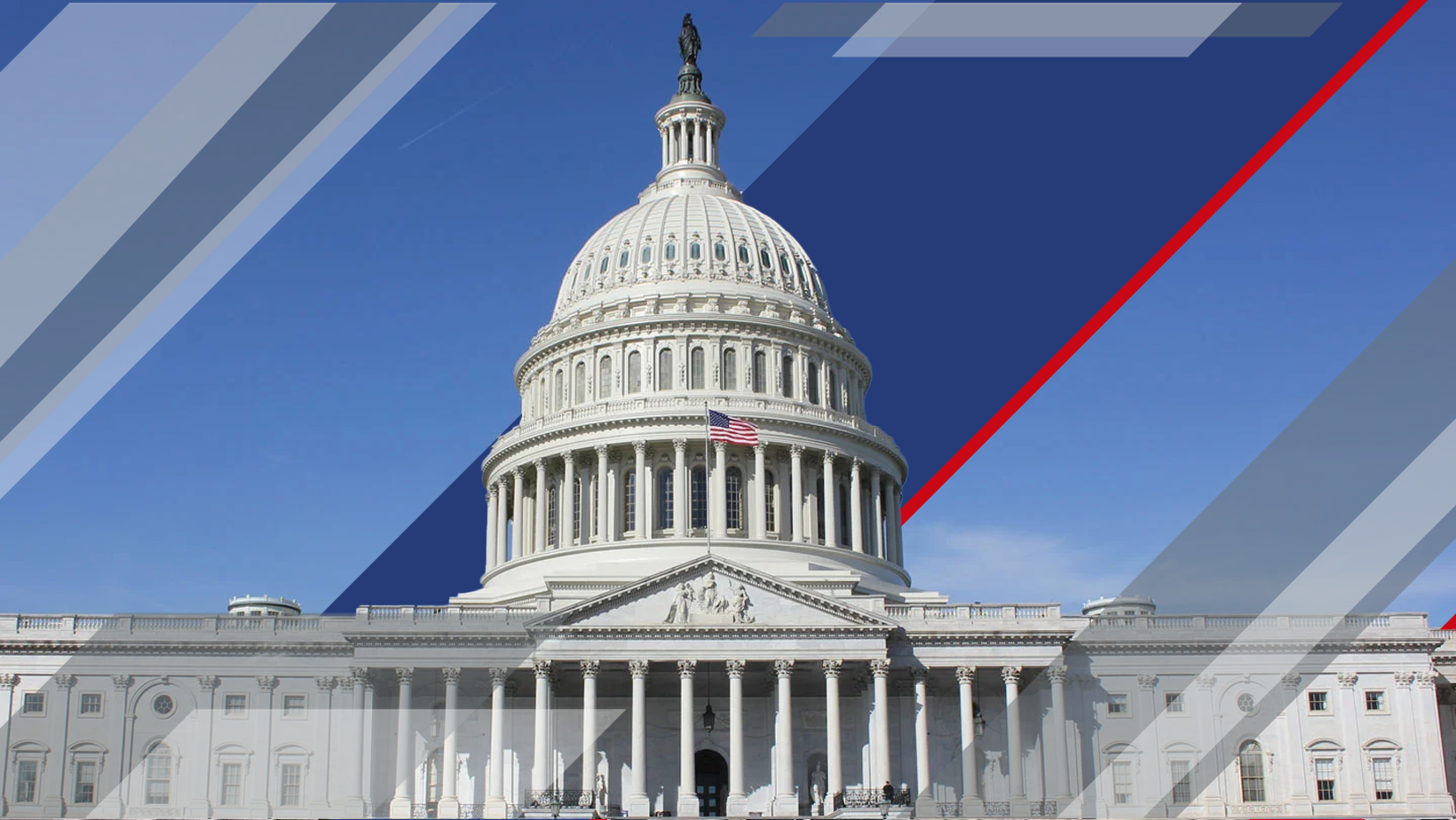House GOP Faces Challenges Extending Boosted Obamacare Premium Subsidies
A High-Stakes Healthcare Moment for the Insurance Industry
Moderate House Republicans are stepping forward with a push to extend the enhanced premium subsidies under the Affordable Care Act (ACA) marketplace. Their motivation is clear: several represent highly competitive districts where healthcare affordability remains top of voters’ minds. Yet, this advocacy comes at a moment of deep internal tension and broad implications for insurers and the broader industry.
Why It Matters for the Insurance Market
From the carriers’ viewpoint and the broader risk-pool dynamics, the expiration of these subsidies could trigger meaningful shifts:
-
Premiums for enrollees stand to rise significantly if the enhanced subsidies expire. According to analysis by the Kaiser Family Foundation, the average enrollee’s out-of-pocket cost could increase by nearly 79 percent, with state-by-state variances ranging from ~49 percent to as high as ~195 percent. (PolitiFact)
-
Such cost shocks may drive healthier individuals away from the exchanges, thereby skewing risk pools and increasing costs for those who remain. (Newsweek)
-
For insurers, this raises concerns about volatility in enrollee mix, higher claims concentration, and more challenging projections for 2026 and beyond.
Political Crosswinds and Industry Headwinds
The political terrain here is complex, and every twist affects the insurance sector’s forward planning.
On the one hand, moderate Republicans in the House are signalling willingness to extend the subsidies—but only if reform measures accompany the extension. A bipartisan “statement of principles” has emerged. (Politico) Included in that framework:
-
A potential two-year extension of the enhanced tax credits
-
Income eligibility caps (in the range of US$200,000–US$400,000)
-
Anti-fraud provisions aimed at marketplace enrolment
-
Improved transparency about premium tax credits
As one of the co-authors put it:
“A lot of Republicans don’t want to see these premiums go up either.” — Rep. Don Bacon (Politico)
However, leadership in the House remains resistant, and the bill’s path to the floor is unclear. Even if the Senate passes related legislation, the House may not follow. Meanwhile, the very inclusion of this issue in government-funding negotiations tied to the current shutdown adds further uncertainty. (AP News)
What Insurance Executives Should Be Watching
Here are key factors for insurers, brokers, and risk-managers to monitor:
-
Enrollment behaviour: With premiums set to spike (if subsidies lapse), expect some drop-off among younger and healthier enrollees. That can increase average claim costs for remaining pool.
-
Pricing assumptions: Many carriers may need to revisit their 2026 rate filings and projections — especially for products exposed to the individual marketplace.
-
Regulatory risk: A sudden extension or rollback of subsidies—that includes income caps or eligibility changes—could force cost-sharing designs or plan portfolios to shift quickly.
-
Communications risk: Consumers may face sticker-shock; payors and brokers should prepare messaging around potential changes in cost, coverage, and how the subsidies affect their premiums.
-
Lobbying and legislative risk: The resolution may come late or not at all in the near term. Insurers that build pro-forma models assuming extension may find themselves exposed if the subsidies expire.
Bullet-Point Summary of Key Legislative Considerations
-
Whether the enhanced premium tax credits will be extended and under what terms (one year vs two years)
-
Proposed income eligibility caps in GOP-moderate compromise frameworks
-
Anti-fraud and marketplace oversight reforms being attached to extension proposals
-
Senate commitment to vote in December on the issue and uncertainty over House timing
-
Competitive-district pressure on moderate Republicans to support extension, facing resistance from GOP leadership
-
Impact of government-funding/stalemate dynamics on timing and substance of healthcare negotiations
A Quote to Frame the Moment
“This is a perfect opportunity for us to move past the partisan process.” — Sen. Thom Tillis on marketplace subsidy negotiations (Newsweek)
Final Word
For insurance industry professionals, this moment is not just a piece of Capitol Hill drama. It is a pivot point for marketplace stability, premium pricing, enrollee behaviour and risk-pool composition. Whether the enhanced subsidies are extended, re-designed or allowed to expire, the ripple effects across individual insurance products, consumers and carriers will be real and immediate. Preparing now for multiple scenarios is not optional—it’s strategic.


